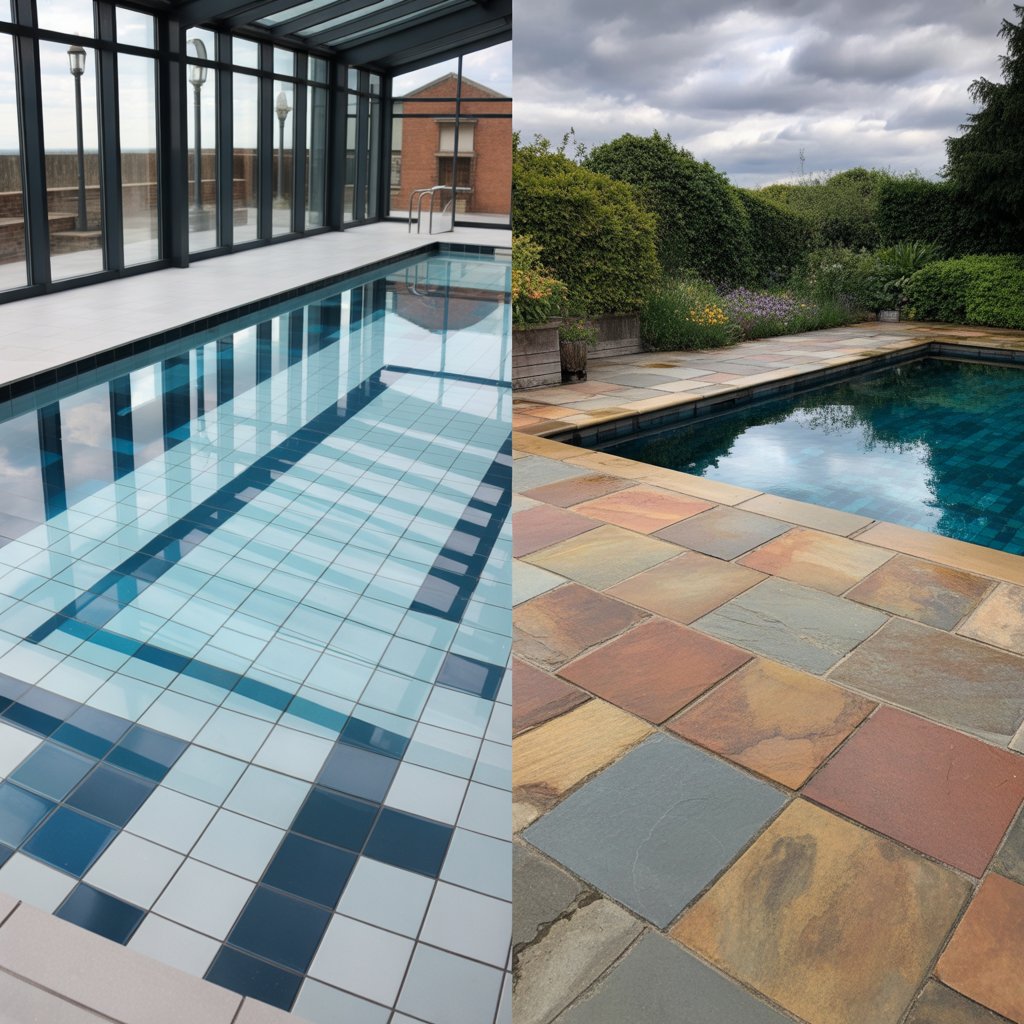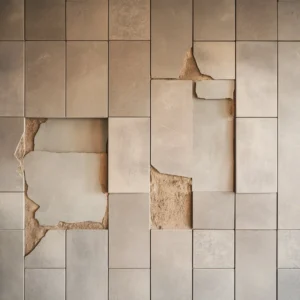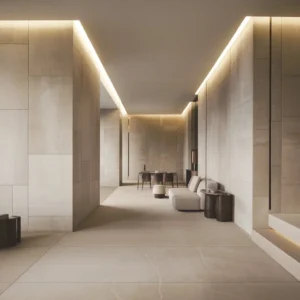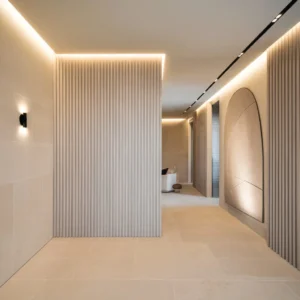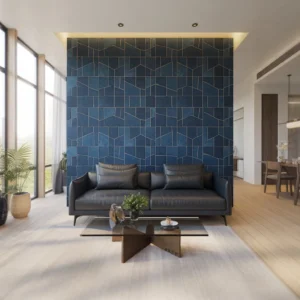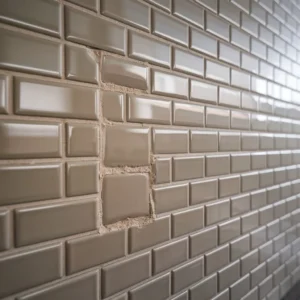Quality tiling can completely transform a swimming pool, enhancing both aesthetics and functionality. When deciding between indoor swimming pool tiles and outdoor swimming pool tiles, property owners must consider design preferences, safety measures, and long-term durability. Indoor spaces, for instance, often benefit from sophisticated porcelain or glass mosaic pool tiles, while exterior installations may require slip-resistant, textured pool tiles designed to handle the elements. Abel Tiler London specialises in delivering customised solutions for residential and commercial projects alike, ensuring every pool is both visually stunning and built to endure daily wear and tear. By taking local climate, pool usage, and personal style into account, homeowners and developers can create a stunning focal point and access the best pool tiling solutions. This blog will explain the key considerations, comparing tiling for indoor vs outdoor pools to help you make the best choice for your London property.
Is There a Difference Between Indoor and Outdoor Tile?
Indoor pool tiles usually emphasise comfort, year-round pool use, and a refined visual appeal. Many homeowners opt for ceramic pool tiles or granite pool tiles to give an upscale finish that complements temperature-controlled environments. Outdoor pool tiles, on the other hand, need to handle changing weather, potential freezing, and consistent exposure to the sun. Textured surface tiles or anti-slip pool tiles are frequently chosen for outdoor installations, enhancing safety in wet conditions. While both indoor and outdoor applications focus on waterproofing and durability, outdoor pool safety measures demand greater slip resistance, making certain stone and slate pool tiles particularly suited for the task.
Is There a Difference Between Pool Tile and Regular Tile?
Pool tiles differ from standard tiles primarily in their non-porous nature and resistance to chemicals. Non-porous tiles help prevent water penetration and protect the pool’s structure from mould or algae. Swimming pool tile materials are also engineered to handle chlorine exposure and wide temperature fluctuations. Regular household tiles are designed for lighter usage in kitchens or bathrooms, which means they may not adapt well to the pool environment. Selecting porcelain pool tiles, ceramic pool tiles, or fibreglass pool tiles intended specifically for aquatic settings ensures better pool tile durability, reducing the risk of cracks or staining over time.

Indoor Pool Aesthetics and Practical Considerations
Indoor pools often feature elegant designs and refined finishes. Glass mosaic pool tiles or polished ceramic surfaces can highlight natural or artificial lighting, creating a visually striking ambience. Beyond appearance, indoor pool maintenance includes managing air quality and humidity, frequently requiring an efficient air handling unit for indoor pool areas. Tile longevity is bolstered by balancing water chemistry, performing regular pool pump maintenance, and scheduling sand filter servicing to keep water crystal-clear. By choosing the right indoor swimming pool tiles, property owners can enjoy an upscale environment that also meets practical standards for moisture control and occupant comfort.
Outdoor Pool Safety and Durability
Outdoor swimming pool tiles must offer enhanced slip resistance, especially when exposed to rain or splashing. Stone and slate pool tiles, or textured pool tiles, often feature an anti-slip finish, ensuring safer footing. These tiles also tend to be resistant to outdoor temperature shifts and prolonged UV exposure, protecting colours and surfaces from fading. Outdoor pool environments may involve more debris, making regular pool tile maintenance essential. By taking advantage of modern pool design ideas that include robust tile materials, owners can help prevent accidents and safeguard their investment against the unpredictable UK climate.
Popular Material Choices for Pools
Porcelain pool tiles excel in that they combine a sleek appearance with significant durability. Glass mosaic pool tiles, meanwhile, offer eye-catching reflections that can brighten a pool’s interior or exterior. Ceramic pool tiles represent a timeless option, suited to both indoor and outdoor contexts. If you prefer a more natural landscape, granite pool tiles or stone and slate pool tiles add a premium, organic feel. Abel Tiler London offers professional guidance on the proper match of material, considering factors such as design scheme, foot traffic, and climate demands, to produce a perfect balance of form and function.

Pool Renovation Tips and Expenses to Consider
Both indoor vs outdoor pool expenses vary depending on project scope, tile type, and labour. An indoor installation occasionally proves costlier due to the addition of advanced ventilation systems or climate controls like the air handling unit. Outdoor installations may require extra steps, such as slip-resistant coatings or chemical treatments, to preserve tile integrity. Over time, pool renovation tips include timely inspections for worn grout or chips, ensuring that any minor damage is addressed before it escalates. Incorporating tips for regrouting pool tiles during renovations helps maintain grout integrity and extend tile longevity. By properly choosing specialist tiles, balancing chemical levels, and scheduling ongoing maintenance, you can extend tile longevity, safeguarding your property investment.
Commercial vs Residential Pool Tiling: Key Distinctions
Tiling requirements differ between commercial and residential pools. Commercial pools see higher usage, which amplifies the need for slip-resistant pool tiles and rigorous sanitary standards. In contrast, a residential indoor pool might have more personalised design elements, focusing on indoor pool aesthetics that reflect the homeowner’s taste. Abel Tiler London collaborates with clients across various sectors, tailoring tile choices to match operational needs, safety codes, and design preferences. By blending aesthetics and practicality early in the planning stage, you can confidently deliver an environment that meets local regulations and end-user comfort.
Maintenance Essentials for Indoor and Outdoor Pools
Whether you have indoor pool tiles or outdoor pool tiles, proactive upkeep ensures a lasting finish. Regular water balancing prevents chemical imbalances that can degrade grout, cause discolouration, or reduce tile bonding. Periodic cleaning and tile polishing help remove surface residue, while pool pump maintenance and sand filter servicing optimise water quality. Particular attention should be paid to textured pool tiles, as debris can collect in the uneven surfaces. Nonetheless, thoughtful care from a professional tiler like Abel Tiler London helps retain each pool’s beauty, year-round usability, and overall safety.

Conclusion
Choosing between tiling for indoor vs outdoor pools involves evaluating various factors, from tile materials and safety coatings to maintenance routines. An indoor installation may lean toward polished aesthetics, while outdoor swimming pool tiles often feature slip-resistant finishes to address weather and safety concerns. Abel Tiler London brings years of specialised expertise, guiding you through the selection of pool tile materials, installation methods, and upkeep strategies. By combining premium tiles with a thorough approach to maintenance, you can enjoy a stylish, durable, and safe swimming environment that enhances your London property.

